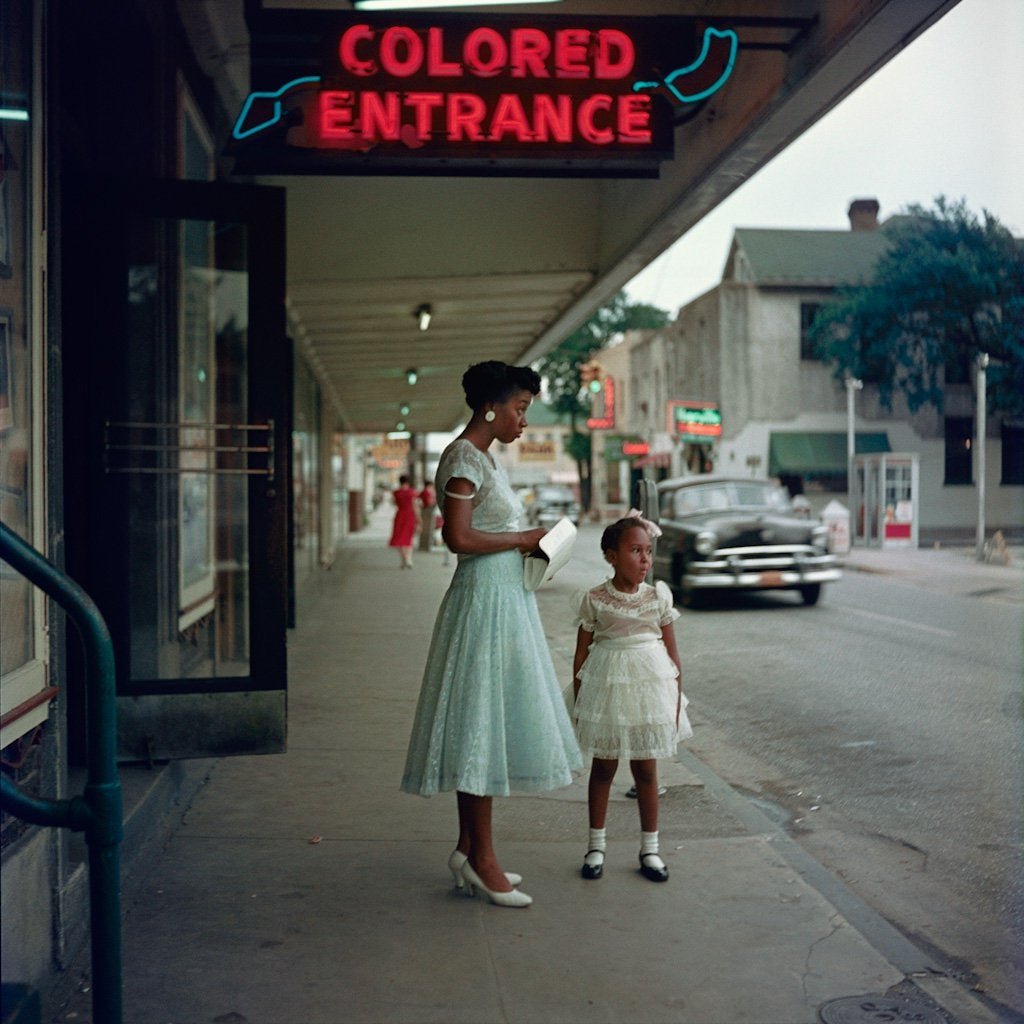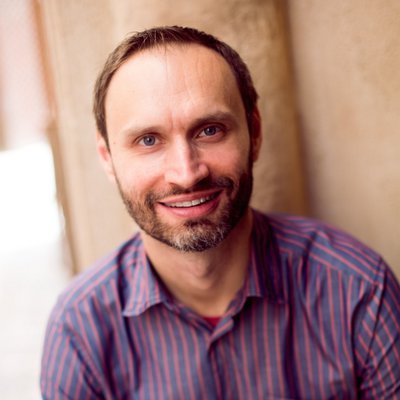Is Racial Harmony a Black Issue?
This past week found much of America mourning and grieving over the deaths of two Black men at the hands of police, both caught on video, and then the tragic death of five officers at the hands of a sniper. These shootings have left us asking the same questions I believe we’ve been asking over the past few years, but this time something has changed. What has typically been a discussion predominantly among African Americans has now found an increasing amount of white voices speaking out—it’s not enough, but it’s a start.
One of my desires has been to see the topic of racial reconciliation, racial harmony, justice, and race in general move away from being a “Black issue” to a people issue. If we believe that all people are created in the image of God, then anything about “people”, including our identity, discrimination, racism, and the like, is indeed a people issue. All people should not only be engaged in this conversation but should be deeply concerned. Not everyone will carry the same weight of responsibility, but if God commands us to love our neighbor as ourselves, then we are all responsible to engage to one degree or another. The pursuit of racial harmony is a banner we can all wave because we know Ephesians 2 and because we know Revelation, and frankly, because we know God.
This is one of the many reasons I was grateful to receive countless texts, facebook messages and emails from my white brothers and sisters asking the questions: “What can we do?” “How can I best serve?” “What should I say?” and “Is there any hope?” My white brothers and sisters who may not typically be engaged in this conversation no longer desire to sit on the sidelines because the cost is too great and the gospel is too amazing to allow one group to carry the weight of these sorrows alone any longer.
Please know that I am fully aware that there have been people of all ethnicities involved and I am aware that there are white evangelicals who have been carrying this flag for quite some time (thank you, Russell Moore, Ligon Duncan, Matthew Hall, David Murray and others—we see you!!). But can’t there always be more?
The hardest statement and questions I received came from fearful saints. Their fear is simple—they don’t want to say the wrong thing and then be demonized in the public. If we, Black sisters and brothers, desire for all people to be involved, and we get frustrated when they aren’t, then we must have grace for those who are trying and willing to step out in faith to speak. That’s on us—we can’t demand or request and then criticize harshly when every word isn’t exactly as we’d hoped. This doesn’t, however, excuse sloppy, lazy language, for men and women making a valiant effort—let’s lovingly support them.
This week on my site, I’m going to attempt to answer the questions that you have been asking me. I’m also featuring a few young, white evangelical men and women here who desire so much to love well, to empathize and to share what they are learning.
No, this is not a “Black issue” and my prayer is that there will be an ever-increasing amount of white brothers and sisters, specifically evangelicals, willing to be a voice on this issue. And as you’ll see in a few days, I also pray we will all take this discussion from our voices to our knees, and from our knees to our dinner tables, and from our dinner tables to our churches, and from our churches to the community at large.
RELATED CONTENT











Guest post by Isaac Adams
I thank God for folks who speak biblically about race. Whether it’s a black mom teaching her children that they also bear God’s image, or a white sister writing a prophetic blog post—there are many brothers and sisters take up this worthwhile battle…